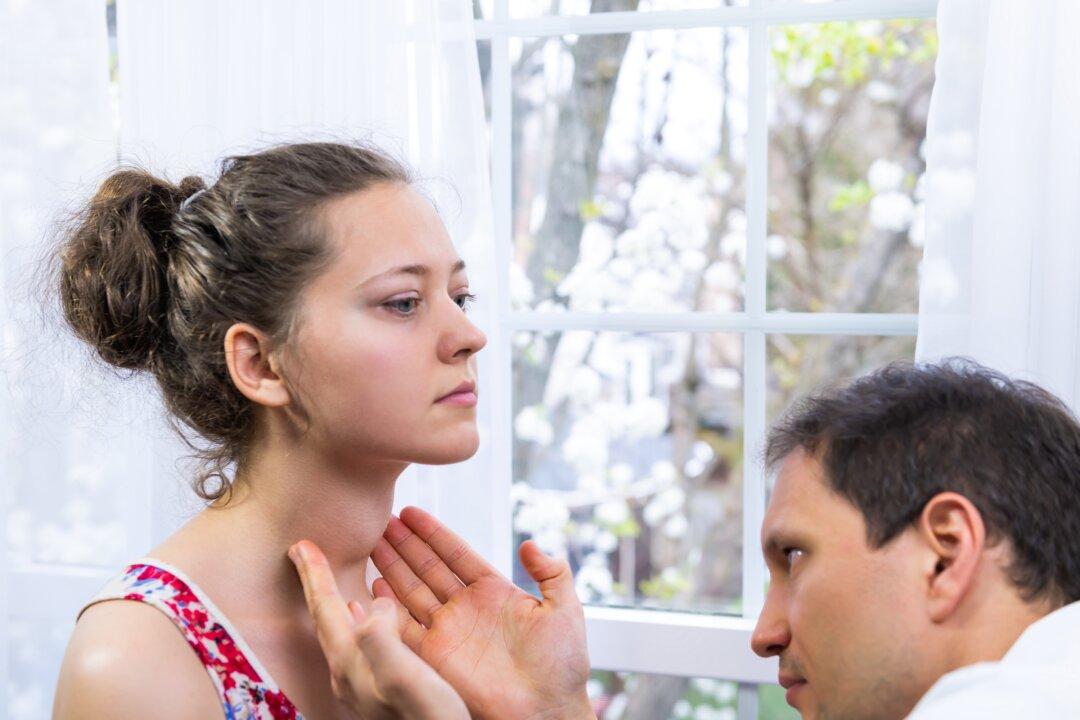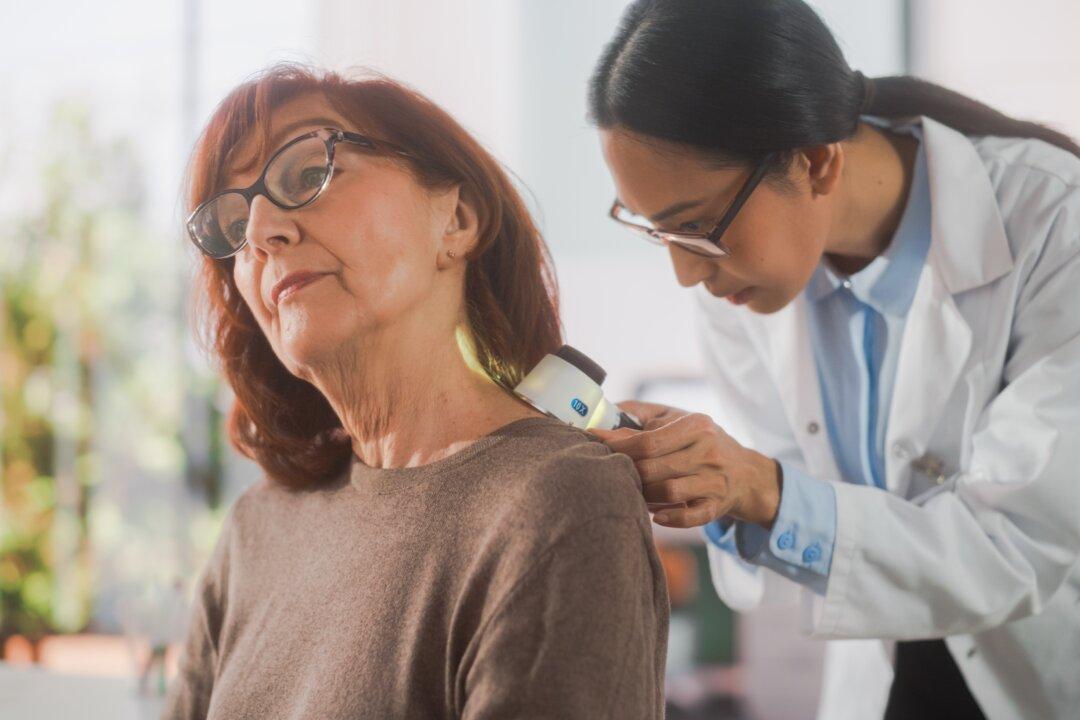While claims of anti-aging made by many cosmetic makers are often suspect, there is one trick that could have a truly dramatic impact on skin age for a select group of people.
Dramatic reversal of skin aging has been observed in smokers who stopped for at least nine months. This extremely encouraging research is relevant to non-smokers who may experience similar improvements by eliminating avoidable chemical exposures, detoxifying, and changing their diet to include longevity-promoting nutrients and phytocompounds, such as blueberry, zinc, and chocolate. In fact, a wide range of natural substances has been studied to contribute to restoring youthfulness, elasticity, and health to the skin, as you shall soon see.





